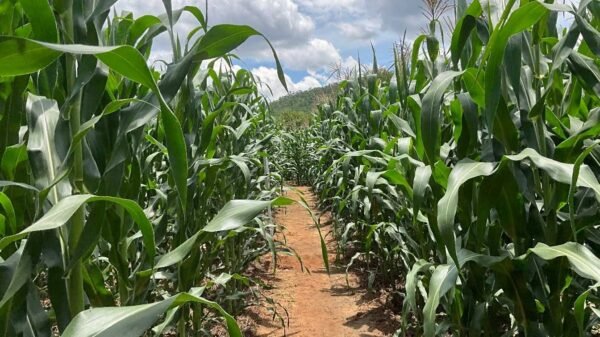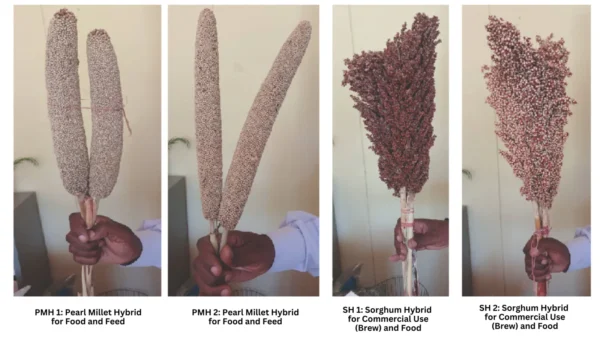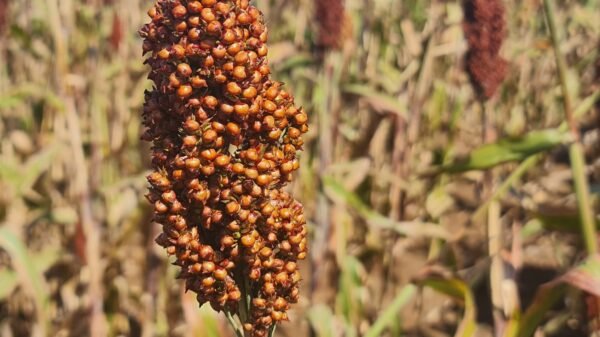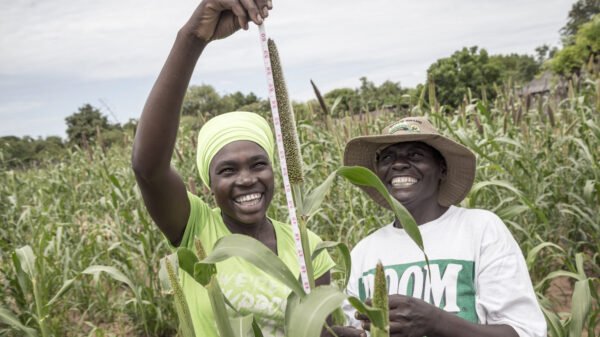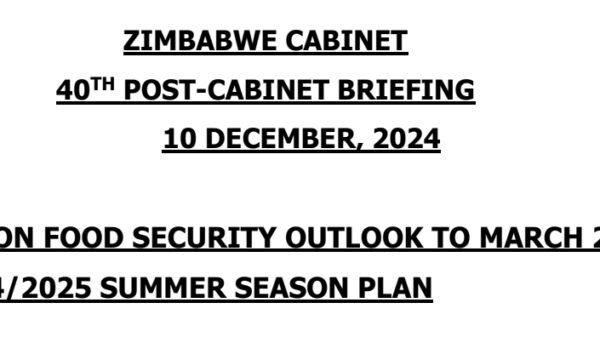ZIMBABWE is battling its worst armyworm outbreak in 20 years, with the government dispatching pesticide-distribution trucks and knapsack sprayers to affected districts as the country scrambles to rescue a promising summer cropping season following last year’s devastating drought.
Cabinet says the ministry of Lands, Agriculture, Fisheries, Water and Rural Development has set 214 surveillance traps countrywide.
“All districts now have chemicals for ‘standby reaction’ to this pest. Sixty trucks, one for each district, have been purchased in order to timely respond to this pest menace and to be better prepared going forward. Additionally, 639 809 knapsack sprayers have also been distributed to some beneficiaries
of the Presidential Input Scheme,” a post-cabinet briefing revealed.
Crop-munching African armyworm and fall armyworm pose a serious threat to food security. They can be controlled through pesticides, particularly when detected early.
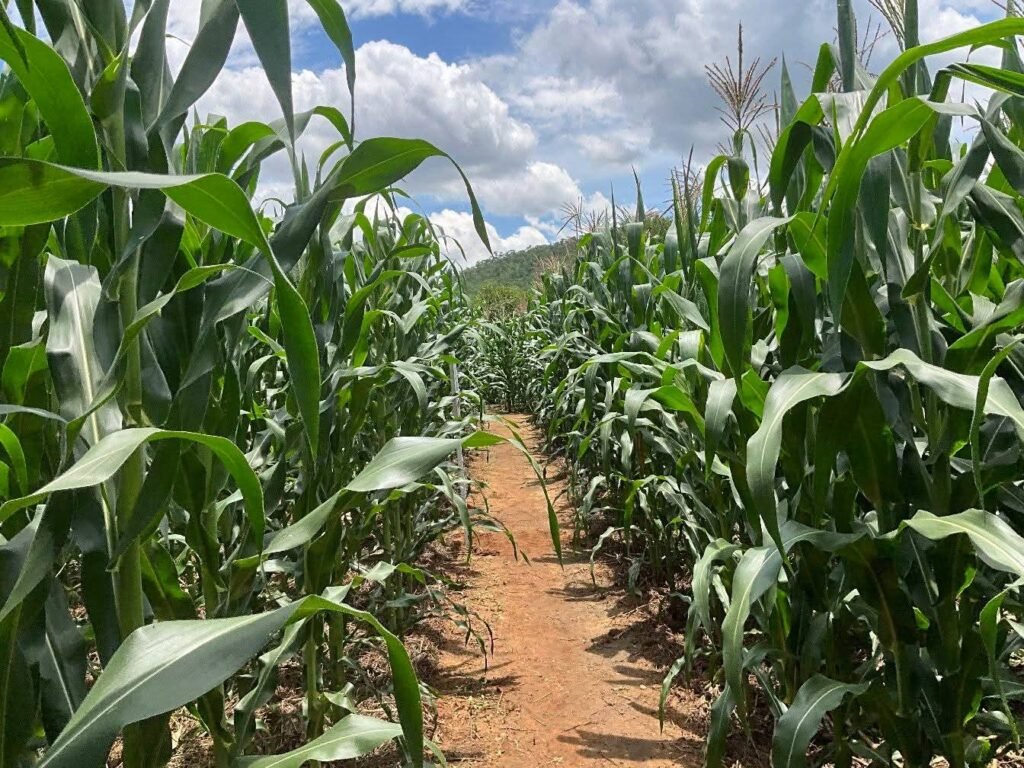
Scientists say the climate crisis is one of the major factors contributing to the spread of crop pests.
Last year’s drought, attributed to the El Niño phenomenon, was described as Zimbabwe’s worst in 40 years.
Resilience Fund launched
Meanwhile, phase two of the Zimbabwe Resilience Building Fund (ZRBF) was launched yesterday to combat climate shocks and strengthen food security.
The US$17.2 million scheme is targeted to benefit more than 450 000 people.

The government of Zimbabwe, in strategic alliance with the United Nations Development Programme (UNDP) and the Food and Agriculture Organisation (FAO), inaugurated the multi-year initiative designed to fortify rural communities against the escalating threats of climate-induced shocks and environmental stresses.
ZRBF Phase Two is poised to champion sustainable natural resource stewardship, decisive climate action, fortified food and nutrition security, and enhanced disaster risk governance across seven high-priority districts, namely: Binga, Kariba, Mbire, Hurungwe, Mwenezi, Chiredzi, and Beitbridge.
Set to run until December 2028, the initiative seeks to foster resilience through systemic improvements in food and nutrition security, ensuring communities are not only shielded from crises but also empowered to thrive amid adversity.
Secretary for Lands and Agriculture Obert Jiri underscored the relentless surge of climate-related disasters afflicting Zimbabwe, cautioning that while humanitarian interventions remain indispensable, they must be complemented by a far-sighted, resilience-centred paradigm. He thanked development partners including the European Union, the government of Ireland, the FAO, and the UNDP.–Staff Writer.

